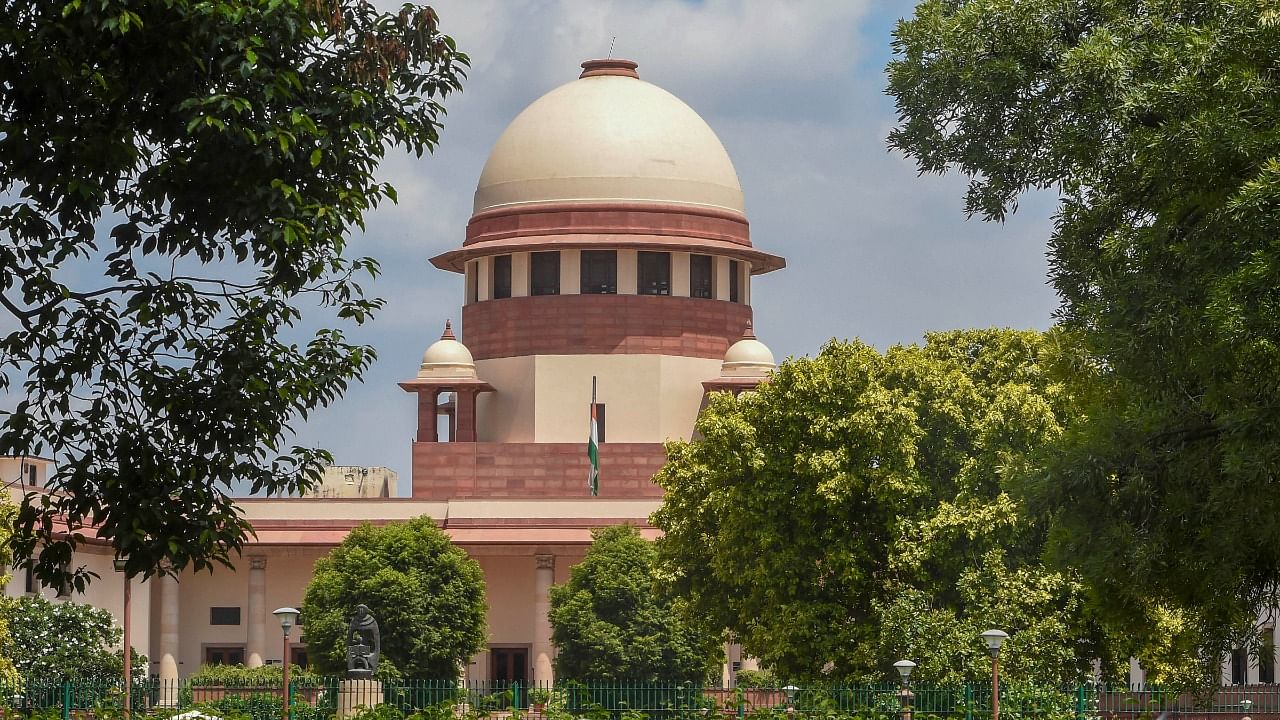
The Supreme Court has issued notice to the Centre on a plea by a Parsi woman and her seven-year-old son against social excommunication and religious ostracisation faced by them due to her marriage to a non-Parsi.
A bench of Justices S Abdul Nazeer and Krishna Murari sought a response from the Union government on a joint petition by the mother and son from Mumbai.
The court initially observed the questions raised in the plea were already covered in reference made to a larger bench following the Sabarimala judgement.
However, it agreed to examine the matter as the petitioners represented by senior advocate Percival Billimoria and advocate Sanjay Nuli submitted that Parsis are a race and ethnic group and ostracisation of a Parsi Zoroastrian and her offspring on the grounds of her marriage to an individual of a different lineage, race or religion is contrary to basic human rights and the fundamental rights guaranteed by the Constitution.
"A section of the Parsi community, believes that they are racially superior being of Aryan descent and insist that intermarriage with other races “dilutes” and “contaminates” their ethnicity," the plea claimed.
The Parsi woman and her children are discriminated and socially ostracised...but the same treatment is not meted out to Parsi males marrying a non-Parsi and their offspring from inter-marriages, it added.
The plea asked the court to declare the practice as discriminatory and unconstitutional. It also asked the top court to strike down over 100-year-old judgement of the Bombay High Court passed in 1908, which had held children of intermarried Parsi Zoroastrian men to be within the meaning of Parsis, while denying the same ‘status’ to children of intermarried Parsi Zoroastrian women.
